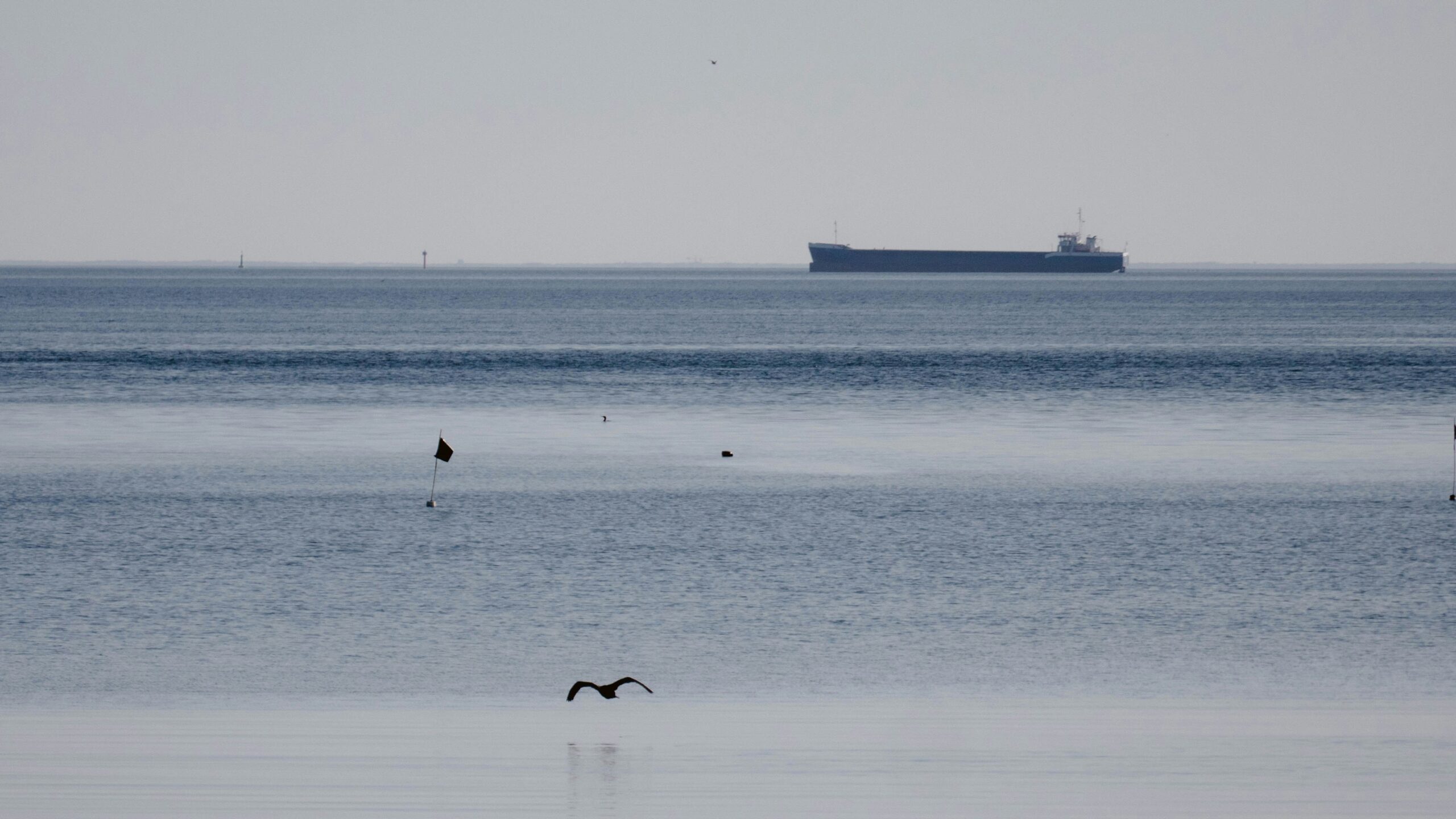Reports
Latvia Weekly: Narratives Portray Latvia as a Pawn of the West
Pro-Kremlin Telegram channels systematically portray Baltic politicians as foreign-controlled mercenaries who abandon their homeland for Western salaries, while simultaneously mocking democratic institutions through personal attacks and conspiracy theories about embassy-delivered "instruction manuals." These coordinated narratives serve to delegitimize European integration and NATO membership by reducing complex geopolitical choices to simple corruption and foreign manipulation.
Read moreEstonia Weekly: Government Moves in Narva Fuel Propaganda
At a ministerial meeting in Narva, the Estonian government confirmed plans for a permanent military base, a regional command centre and enhancements to energy security. Pro-Kremlin critics accused the government of oversecuritising the region, escalating tensions with Russia and violating freedom of speech.
Read moreEstonia Weekly: Pro-Kremlin Propaganda Targets Baltic Incidents
Pro-Kremlin commentators have exploited maritime incidents in the Baltic Sea and the testing of an emergency alert system to depict Estonia and NATO as acting in an aggressive manner that endangers regional stability.
Read moreEstonia Weekly: Concerns about Domestic and Foreign Instability
Estonians are concerned about a phone call between Trump and Putin, citing potential concessions in favour of Russia and comparing it to the 1938 Munich Agreement. Meanwhile, pro-Kremlin commentators questioned the ability of Estonian politicians to govern the country amid external security threats and economic challenges, as Estonia's ruling coalition collapsed over tax policy disagreements, causing political turmoil.
Read moreShowing 1 to 4 of 50 results
Don't miss a story.
We publish stories that change laws, lives, minds and the world. Subscribe to our newsletter to get our investigations delivered to your inbox.



